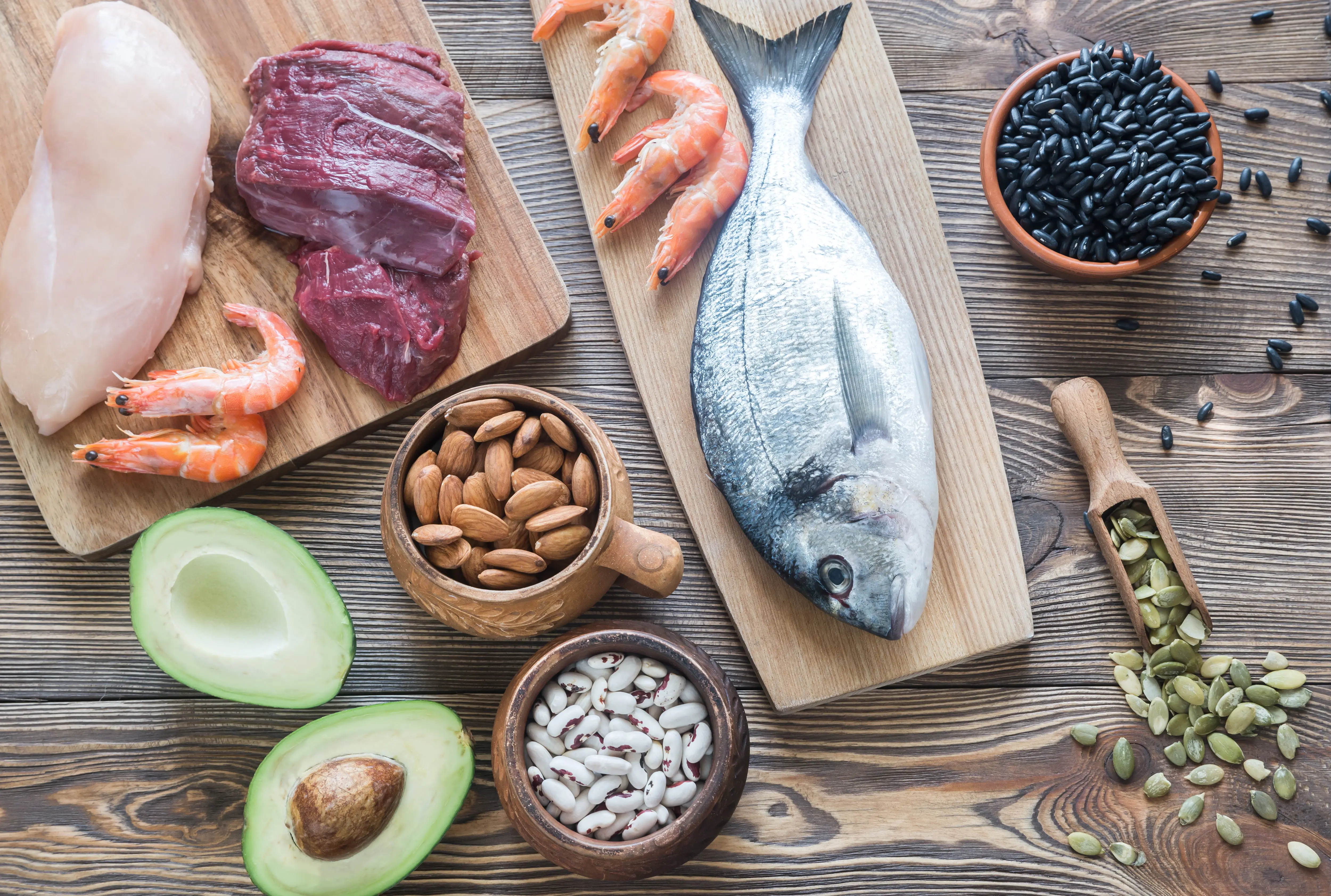
© Adobe Stock
September 27, 2025
Birgitta Dunckel
- Health
- Food
Zinc against colds: Does the trace element really help?
Surviving the Cold Season: Can zinc prevent colds, alleviate symptoms, or shorten the illness? A check

© Adobe Stock
September 27, 2025
Birgitta Dunckel
Surviving the Cold Season: Can zinc prevent colds, alleviate symptoms, or shorten the illness? A check
Zinc is an essential trace element involved in almost all metabolic processes in the body. It is one of the vital substances that the body cannot produce itself – it must be supplied through food or supplements.
Especially during the cold season, an additional dose of zinc as a dietary supplement is often recommended to strengthen the immune system, as it has antiviral, antibacterial, and immunomodulatory effects that inhibit the multiplication of cold viruses. But how effective is zinc really in colds – and what other benefits does it offer for health, skin, and wound healing?
A balanced diet covers the need for zinc in most cases. Good sources of zinc supplement in natural form are:
The body can absorb zinc from animal foods better than from plant foods. The latter contain phytate, which binds with zinc, preventing absorption. Therefore, the recommendation for daily zinc intake through food depends on whether one primarily follows a vegetarian or vegan diet, as a high phytate intake requires more zinc. Pregnant and breastfeeding women, as well as athletes, have an increased need for zinc. For women, the daily zinc requirement is between 7 and 10 mg, and for men between 11 and 16 mg, depending on the phytate intake in the diet.
Studies show that zinc can shorten the duration of typical cold symptoms like cough, runny nose, and sore throat by up to two days, provided it is taken right at the onset of the first symptoms. Timing is crucial in this case: start taking a high dose of zinc for a cold as soon as possible after the first symptoms appear, ideally within 24 hours.
A dose of at least 75 mg of zinc per day is necessary for the desired effect. This high-dose zinc intake should only occur for a short time, for example, 4-5 days. Excessive amounts over a longer period can lead to side effects such as stomach discomfort or, in the long term, anemia and a disrupted lipid metabolism.
Important to know: Zinc does not replace medical treatment for a real flu, but it can support the body's defenses and strengthen the immune system.
Zinc is indispensable for the immune system. It supports the formation of immune cells and helps the body better fend off infections. A zinc deficiency weakens the immune system and can lead to more frequent or severe infections.
In addition to its effects on colds, zinc plays an important role in many other areas – an overview of the other health benefits of zinc:
Zinc deficiency often manifests gradually. Increased susceptibility to infections is typical, and skin changes can also indicate a lack of zinc. The skin becomes dry and flaky, may tend to redden, blisters and pustules form, and skin wounds heal poorly.
Unexplained hair loss, brittle, soft nails can also have zinc deficiency as a cause. Fatigue and exhaustion, as well as loss of appetite or taste disturbances, are typical zinc deficiency symptoms.
Zinc supplements can be helpful when there is an increased need or a deficiency has been proven. Typical areas of application are:
There are various preparations, such as tablets, capsules, effervescent tablets, and lozenges. Supplements should be taken about half an hour before a meal. Calcium, selenium, iron, or copper should not be administered simultaneously with zinc, as this can reduce absorption. Coffee and black tea should also be consumed at a delay.
In general, the daily dose of 10 to 15 milligrams of zinc in addition to food should not be exceeded for a prolonged time.
Zinc is used not only internally but also externally. Zinc is indispensable for the skin as it supports cell division, thus contributing to the renewal and repair of the skin. It also aids wound healing by reducing inflammation and stimulating collagen production, which is important for the formation of new tissue. Zinc ointment is especially popular for wound healing: it has anti-inflammatory and antibacterial effects, protecting the skin by forming a barrier against moisture. It is used for small wounds, skin irritations, acne, or diaper rash in babies.